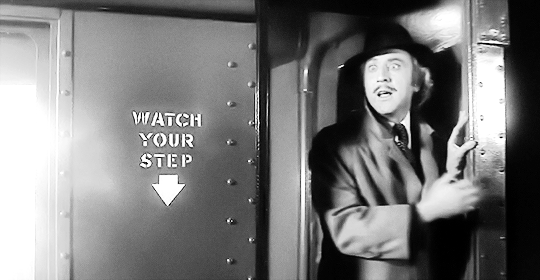“We are each other's magnitude and bond.” – Gwendolyn Brooks
I’m white. I don’t know if you’ve ever noticed, but it’s
true. I mean, I’m white. Like
ghostly.
That being said, I can never know what it means to be black.
I know the hardships of a woman, of a Millennial, of a person living well below
the poverty line. But I can’t pretend to understand the everyday struggle of
lived, embodied blackness.
I can’t. I’m white.
But you know what I can do? I can empathize. I can share in
the moral outrage of the black community each month, each day, when they turn
on their TVs and see fresh news coverage of another black person’s death at the
hands of police all across our country.
At this point, we’re no longer surprised. And I’m not
speaking of just black folks here. I mean everyone. No one seems shocked that
in 2016 – over fifty years after the March on Washington – that black men and
women are still experiencing
systematic racism. And I wish that were the worst part. I sincerely wish that not being phased by the death of
innocent people was the worst part of the whole situation.
But it’s not. It’s not even remotely.
The most disgusting and dangerous aspect is people’s reactions – and let’s be real, mostly white people reactions – to the deaths of black men and
women.
It’s not enough that black folks have died, that parents
suffer and communities wonder if their men and women are safe undertaking
ordinary tasks. Tasks like going to the store or picking up their kids from the
bus station - the little things we do every day, the innocuous motions that weave
together whole lives. Now, black communities have the added misery of fighting
a wave of white nationalism which takes form in the #alllivesmatter and
#bluelivesmatter counter-movements.
Well, OF COURSE all lives matter. OF COURSE police lives
matter. But that’s not what we’re talking about, is it?
We’re talking about how media presents black men and women.
How black men immediately get branded “thugs” for being armed, which
Congress again and again tells us is a constitutionally-protected right. How
black women are “resisting arrest” for asking completely lawful questions of
arresting officers. How black youth are so scared of being arrested – or even
killed – that social media movements have sprung up in the last several months in
black communities to encourage #blackboyjoy and #carefreeblackkids.
We’re talking about an east Tennessee man running for
Congress who erected a sign reading “Make America White Again.” In 2016. As a
platform for legislative office.
We’re talking about the 190 KKK groups, 95 white nationalistgroups, 94 racist skinhead groups in America in 2015 alone. Oh, and the fact
that hate group participation is up 14% from 2014.
We’re talking about the slaughter of black folks – literally
in the streets.
To change this conversation, to make this conversation about
whiteness or police, is to silence black people. And to take this dialogue away from black folks is
to reject the very real pain and anger of people who have every damn right to
feel that way and express themselves.
If you are white, you don’t get it. And you never will. You
can’t. But you aren’t expected to precisely because
you can’t.
What you are
expected to do is respect your fellow man, regardless of race or creed.
To ask people of color about their experiences – to make an
effort to understand how their lives are different than yours, how they are
treated by law enforcement, teachers, legislatures, etc.
To ask not only about people of color’s pain and suffering,
but the things that bring their communities happiness and fulfillment.
To give those experiences prescience.
To use your position – whatever it may be – to express
solidarity with people of color because the death of one innocent man endangers
everyone’s liberties.
To treat those who are different from you not as thems, but
as yous.
I’m sure people will push back on these notions. It's basically a guarantee. And perhaps
that’s what confounds me most: that any person would be angered or scoff at the
idea of treating people with dignity, of affording them human decency.
So sure, call me a social justice warrior if you want. But
it’s not my liberal guilt talking. It’s not my bleeding heart. I speak out of a
deep and profound sense of empathy and a sincere belief that oppressing one man’s
ability to acquire liberty, to keep his life, to find happiness is to oppress
everyone’s.
So let me say this again for the people in the back: that just won’t cut it.
All original content copyright Kimberly Turner, 2016-2016.
All original content copyright Kimberly Turner, 2016-2016.



